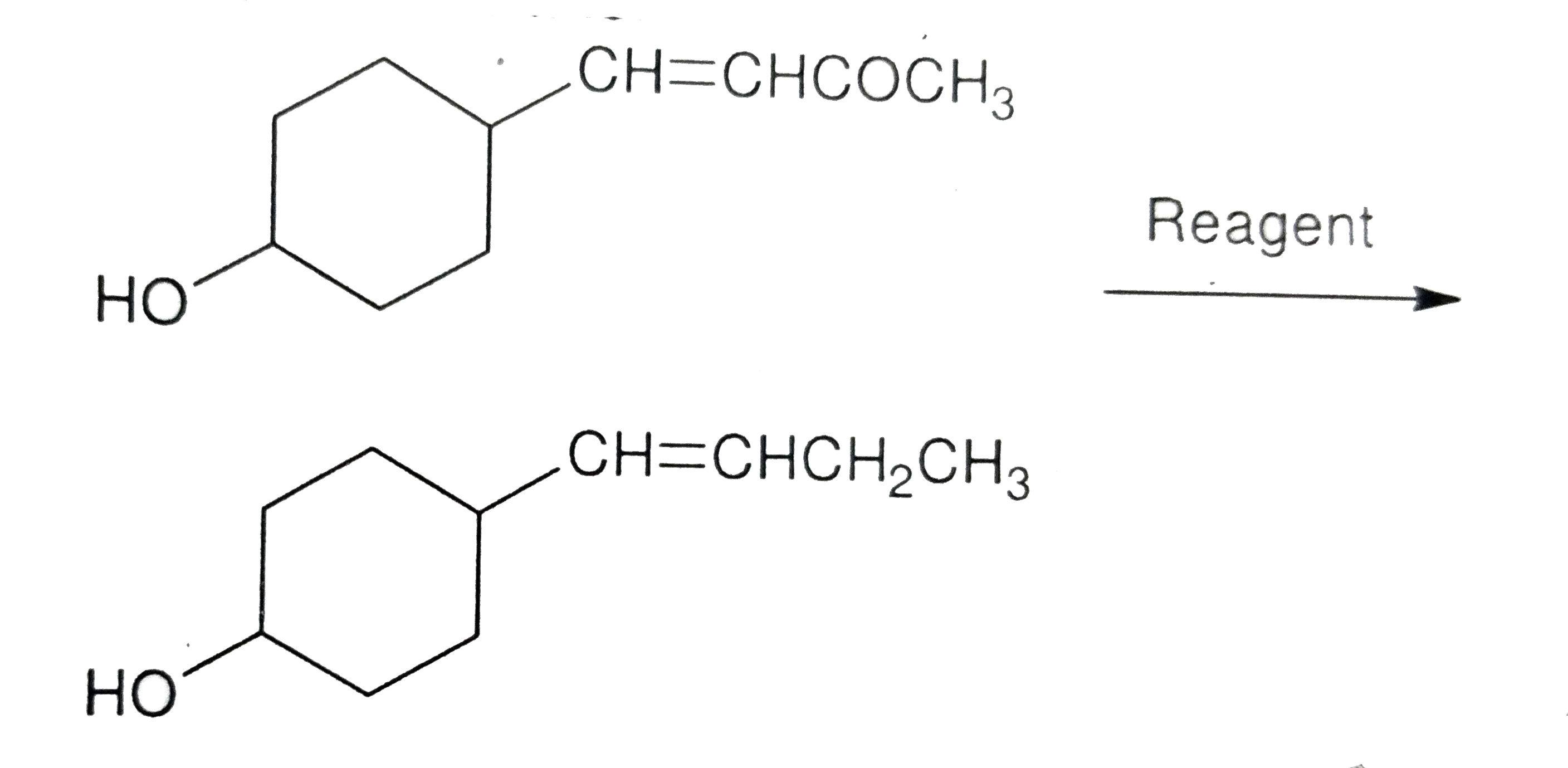If the two roots are real, equal and irrational, then which of the following is the most appropriate one?
D>0
D<0
D≤0
dosen't exist
The correct Answer is:D
To determine the condition under which a quadratic equation has two real, equal, and irrational roots, we can follow these steps:
1. Understanding the Roots of a Quadratic Equation:
A quadratic equation is generally expressed in the form ax2+bx+c=0. The roots of this equation can be found using the quadratic formula:
x=−b±√D2a
where D is the discriminant given by D=b2−4ac.
2. Condition for Equal Roots:
For the roots to be equal, the discriminant D must be equal to zero:
D=0
This means that the quadratic equation has one repeated root.
3. Condition for Real and Irrational Roots:
To have irrational roots, the expression under the square root (the discriminant) must be a positive non-perfect square. However, since we are looking for equal roots, we need to ensure that the repeated root is irrational.
4. Setting Up the Discriminant:
Since we want the roots to be equal and irrational, we can set D=b2−4ac=0. However, we also need to ensure that the value of √D leads to an irrational number when substituted back into the quadratic formula.
5. Example of an Irrational Root:
Let's consider an example where the quadratic equation has irrational roots. If we take a=1, b=0, and c=−3, we have:
D=02−4(1)(−3)=12
The roots would be:
x=−0±√122(1)=±2√32=±√3
However, since we need equal roots, we can modify our parameters to ensure that the discriminant is zero.
6. Conclusion:
Therefore, for the quadratic equation to have two real, equal, and irrational roots, the discriminant must be set to zero, and the coefficients must be chosen such that the repeated root is irrational.
Final Answer:
The most appropriate condition for the quadratic equation to have two real, equal, and irrational roots is:
D=0
A quadratic equation is generally expressed in the form ax2+bx+c=0. The roots of this equation can be found using the quadratic formula:
x=−b±√D2a
where D is the discriminant given by D=b2−4ac.
For the roots to be equal, the discriminant D must be equal to zero:
D=0
This means that the quadratic equation has one repeated root.
To have irrational roots, the expression under the square root (the discriminant) must be a positive non-perfect square. However, since we are looking for equal roots, we need to ensure that the repeated root is irrational.
Since we want the roots to be equal and irrational, we can set D=b2−4ac=0. However, we also need to ensure that the value of √D leads to an irrational number when substituted back into the quadratic formula.
Let's consider an example where the quadratic equation has irrational roots. If we take a=1, b=0, and c=−3, we have:
D=02−4(1)(−3)=12
The roots would be:
x=−0±√122(1)=±2√32=±√3
However, since we need equal roots, we can modify our parameters to ensure that the discriminant is zero.
Therefore, for the quadratic equation to have two real, equal, and irrational roots, the discriminant must be set to zero, and the coefficients must be chosen such that the repeated root is irrational.
The most appropriate condition for the quadratic equation to have two real, equal, and irrational roots is:
D=0
Topper's Solved these Questions
Similar Questions
Knowledge Check
If the roots are real and rational, theh Which of the following is the most appropriate one?
AD>0 except rational numbersBD>0 except perfect squaresCD≤0 except rational numbersDnone of the aboveIf the roots are real and rational, theh Which of the following is the most appropriate one?
AD>0BD<0CD = 0DD is a perfect squareWhich of the following is most appropriately defined?
AHost is an organism which provides food to another organismBAmensalism is a relationship in which one species is benefited whereas the other is unaffectedCPredator is an organism that catches and kills other organism for foodDParasite is an organism which always lives inside the body of other organism and may kill it
Which one of the following is most appropriately defined?
View SolutionWhich of the following is the most appropriate for gifted students?
View SolutionWhich of the following will be most appropriate to maximise learning?
View SolutionWhich of the following will be most appropriate to maximise learning?
View SolutionWhich one of the following statements is most appropriate ?
View Solution

